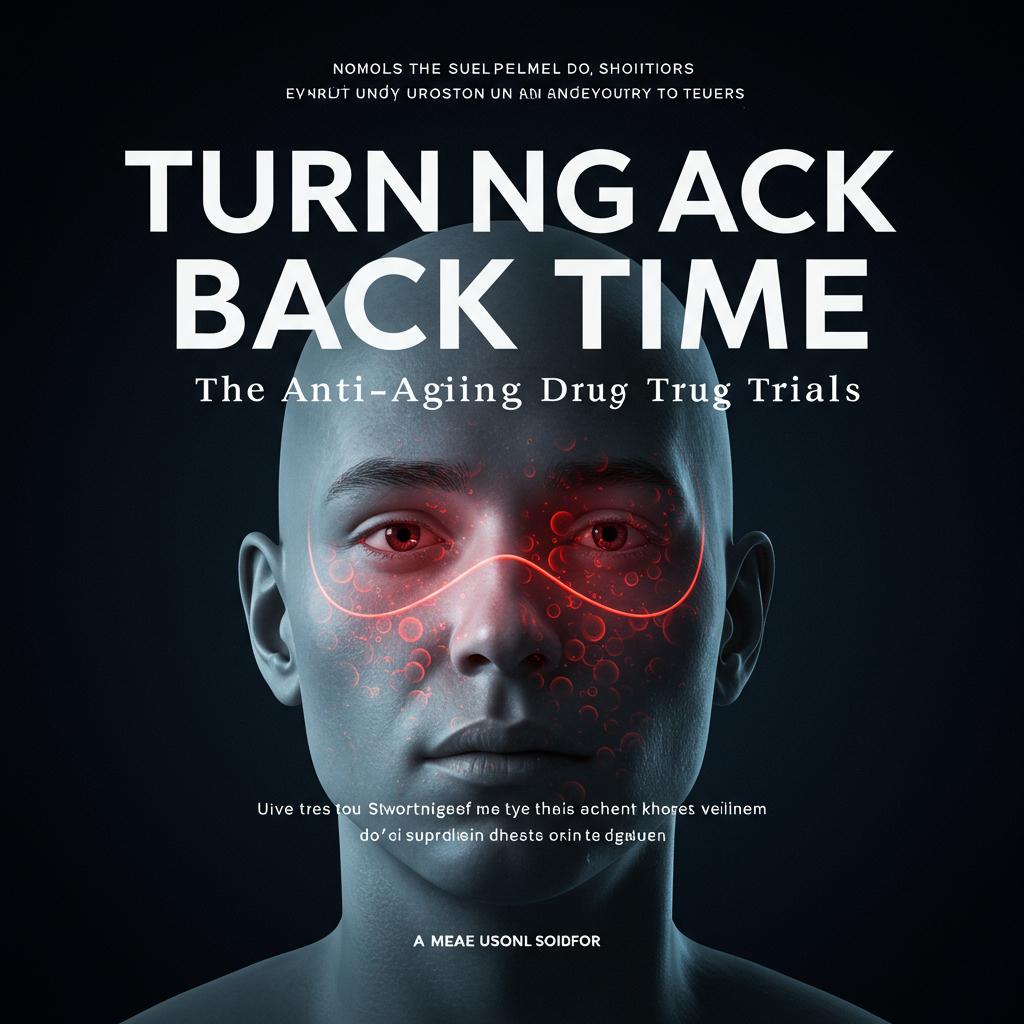
Ever wished there was a magic pill to slow down aging or even turn back the clock a little? While a true fountain of youth remains elusive, the exciting field of anti-aging research is exploring several promising avenues. Scientists are investigating a range of drugs and natural compounds, some already used for other conditions, that might hold the key to healthier aging. Think of it like discovering a medication designed for, say, headaches, also happens to improve sleep. That’s the kind of repurposing and discovery happening in the anti-aging world.
Let’s dive into some of the most promising contenders currently under investigation:
- Metformin: This common diabetes medication is showing potential beyond blood sugar control. Researchers are investigating its effects on cellular processes related to aging, and early findings suggest it could have broader benefits for longevity.
- NAD+ Precursors: NAD+ is a vital coenzyme found in every cell of our body, playing a crucial role in energy production and DNA repair. As we age, NAD+ levels decline. Boosting these levels with precursor molecules (think of them like building blocks for NAD+) is being investigated as a way to combat age-related decline.
- Glucagon-Like Peptide-1 Receptor Agonists (GLP-1 RAs): Originally developed to treat type 2 diabetes, GLP-1 RAs also show promise in protecting against age-related heart problems and potentially other age-related diseases.
- TORC1 Inhibitors: TORC1 is a cellular pathway involved in growth and metabolism. Inhibiting this pathway has shown to extend lifespan in various organisms, and research is exploring its potential in humans.
- Spermidine: This naturally occurring polyamine is found in foods like wheat germ and aged cheese. Studies suggest it might play a role in cellular renewal and could offer protection against age-related decline.
- Senolytics: These exciting compounds target “senescent cells” – aging cells that no longer function properly and can contribute to tissue damage. By clearing out these cellular troublemakers, senolytics could help improve overall health and lifespan.
- Probiotics: You probably associate probiotics with gut health, and that’s spot on. However, emerging research suggests a healthy gut microbiome could have far-reaching effects on aging, potentially impacting everything from inflammation to cognitive function.
- Anti-inflammatories: Chronic inflammation is a hallmark of aging and contributes to many age-related diseases. Researchers are exploring whether reducing inflammation through medication can slow the aging process and improve healthspan (the years lived in good health).
Multiple clinical trials are underway to evaluate the effectiveness of these agents against age-associated diseases like diabetes, cardiovascular disease, cancer, and neurodegenerative diseases. The hope is that drugs able to slow down or even reverse aspects of aging will also have broad disease-preventing effects. This means the outcome of these trials could pave the way for new anti-aging medicines. And, excitingly, some drugs already approved for specific diseases might find new life as treatments for the broader consequences of aging. While we’re not quite at the fountain of youth, these advancements offer a glimpse into a future where healthier aging might be within reach.
